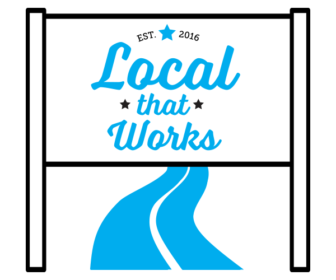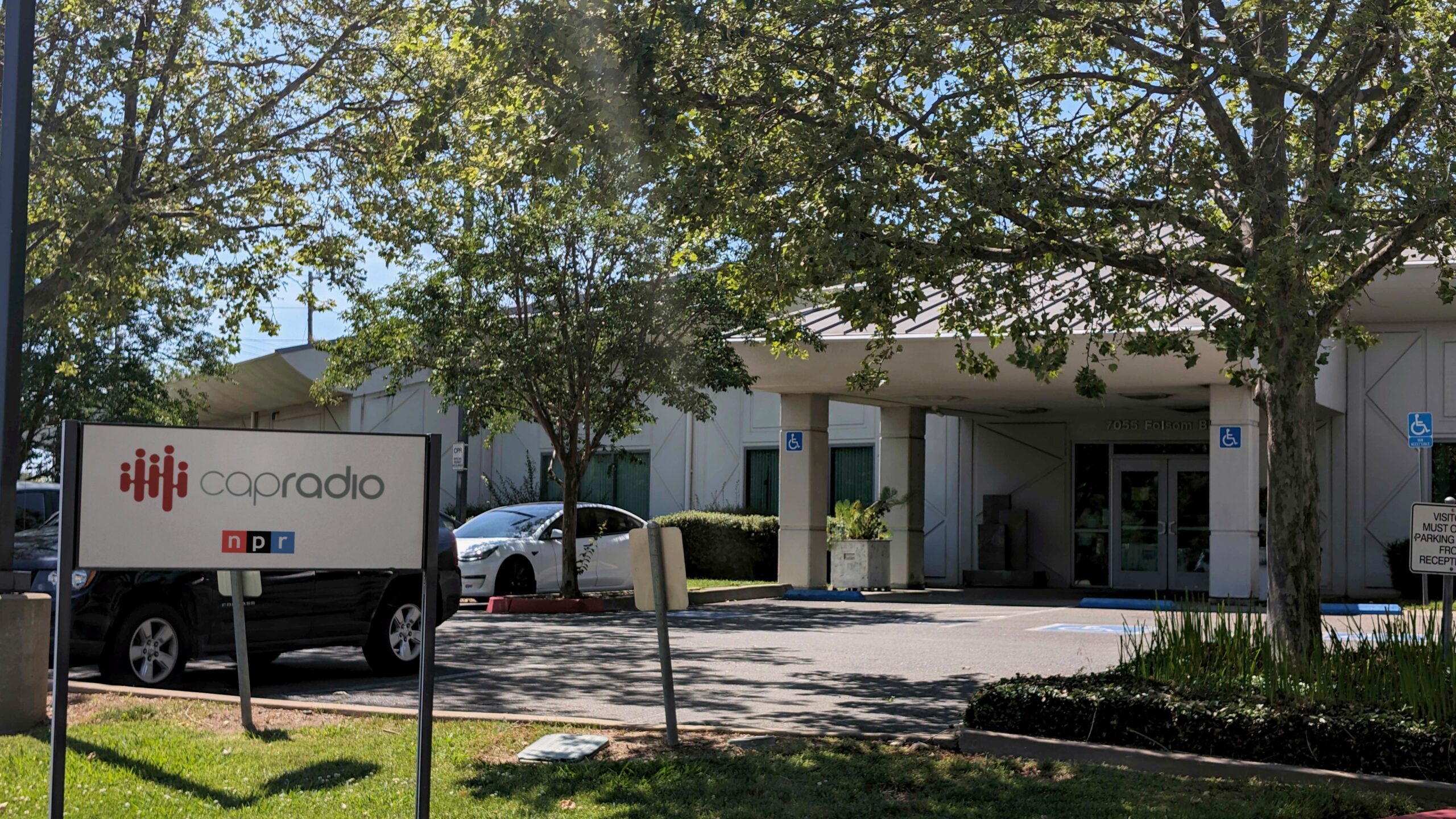With AmGrad expansion, PBS Charlotte helps students visualize their dreams

PBS Charlotte
PBS Charlotte GM Amy Burkett works with Marcus Jackson, an aspiring electrical technician, during a summer intensive in July 2018.
On the first day of her leadership development class this fall at Garinger High School in Charlotte, teacher Danielle Imhoff realized that one of her students had an issue.
The student “looked at me and said, ‘I’m not going to do any kind of public speaking. That’s not going to happen,’” Imhoff recalled. “‘I’ll do anything else you need me to do, but not that.’”
Public speaking is a centerpiece of the curriculum for the class, but Imhoff wasn’t worried. That semester, her students were participating in PBS Charlotte’s “3-D: Dreamers, Doers, Destiny” project. Two hours each week, station GM Amy Burkett would teach lessons about verbalizing and achieving goals, while sharing stories of her own life failures and successes.
The curriculum prepared students to complete a key assignment: They would write their own variations on an “I Have A Dream” speech, and later visit the studios of PBS Charlotte to deliver their speeches on camera.
For a school like Garinger, where 98 percent of students qualify for free or reduced-price lunches, having a speaker like Burkett encourage the kids was important, Imhoff said. Her speaking-averse student came around.
“Push comes to shove and little by little, he’s writing his ‘I Have A Dream’ speech with Amy,” she said. “I pick up the speech and I almost start crying, because he writes about making his mother proud. And he wound up being one of the very first ones to record his speech with PBS Charlotte.”
A finalist in Current’s 2018 Local That Works competition, PBS Charlotte’s “3-D” project builds on the latest iteration of CPB’s American Graduate initiative, which highlights the value of workforce training and community colleges.

PBS Charlotte
Students record their “I Have a Dream” speeches in a PBS Charlotte studio in July 2018.
“I believed that the more we served this community, the more successful we would be,” said Burkett. In a market with three PBS stations, Burkett said, creating a local education program was “a very tangible way to show the positive impact in our community.”
The program’s leadership training courses last seven weeks, and a separate two-day summer program caters to young adults who face other barriers to employment. Burkett teaches the classes from a curriculum designed by John Maxwell, a former Evangelical minister-turned-motivational speaker.
The high school program has gone through seven cohorts to date within district partner Charlotte-Mecklenburg Schools, with the most recent group comprising 200 students. The “I Have a Dream” videos are posted on the station’s website and on YouTube. PBS Charlotte also airs content from the initiative, including documentaries, news segments and promos.
“The ‘3-D’ project has helped me to actually visualize my goals and see them in a more realistic perspective,” said Rashida Richards, who completed the two-day young adult program in summer 2018. Richards is now an intern for Central Piedmont Community College, the station licensee. In her “I Have A Dream” video, the 26-year-old spoke about her goal to seek a career in art and open a nonprofit youth and women’s shelter.
“Amy Burkett is the one who truly made everything worthwhile,” Richards said. “[Her] positivity is a contagious disease that I gladly and willingly want to share with others. Ever since the program, I’ve had a new outlook on my life.”
The “3-D” program also provides a pipeline for students to apply to receive Opportunity Scholarships to attend CPCC. Launched in conjunction with the seminars, the scholarship enables about 45 students to pursue Associate Degrees at the school tuition-free. Scholarship recipients also receive a free laptop and guidance from a career counselor. Students at the CMS district’s most economically disadvantaged high schools can apply for the scholarship without participating in the “3-D” program, but those who complete it are well-positioned to apply.
Earlier iterations of the “3-D” curriculum were largely focused on promoting the value of four-year college degrees. Burkett said she shifted the focus to workforce training at community colleges after she saw how many students held a low opinion of such schools. The intense emphasis that high schools put on pursuing four-year degrees meant that many of her students didn’t want to consider alternatives.
“The opportunities are extraordinary” at community colleges, Burkett said. “It’s just that people don’t know about it.”
 This year the project was nominated for a Mid-South Emmy in the Community Service Category. Burkett has hired a full-time education coordinator, whom she hopes will take over primary instructor duties once the CPB grant ends.
This year the project was nominated for a Mid-South Emmy in the Community Service Category. Burkett has hired a full-time education coordinator, whom she hopes will take over primary instructor duties once the CPB grant ends.
Burkett began the program in 2017, shortly after helping to haul the station out of a funding crisis. She committed her own time to leading the John Maxwell-certified classes and promised to offer four years of student training.
“I started with no money, hope and a prayer,” she said, describing lack of youth opportunity as “the number-one critical need in our community.” The four-year goal for “3-D” is to reach 600 students by spring 2021.
In January 2018, CPB backed the project with a two-year, $200,000 grant as part of its larger $3.7 million AmGrad grant package presented to 19 public media stations.
Fundraising efforts to secure community-based support for “3-D” are finally paying off. When the project began, prospective funders told Burkett, “Come back to us after things are moving,” she said. But PBS Charlotte recently convinced its first major local corporate donor to back the program. Worth Financial Advisors made a verbal commitment of $25,000 in support.
The station needs another $75,000 to cover the balance of CPB’s initial AmGrad grant, which ends this year. Burkett is confident she can pull it off.
“We are determined to find the funding to continue the project for at least two more years,” Burkett said. “It takes $100,000 a year to keep it as is. Anything more than that allows expansion, which is our goal.”
“I appreciate what PBS [Charlotte] has done to push into classrooms and push past those boundaries that have existed,” Imhoff said. “I think more organizations need to reach into schools.”






